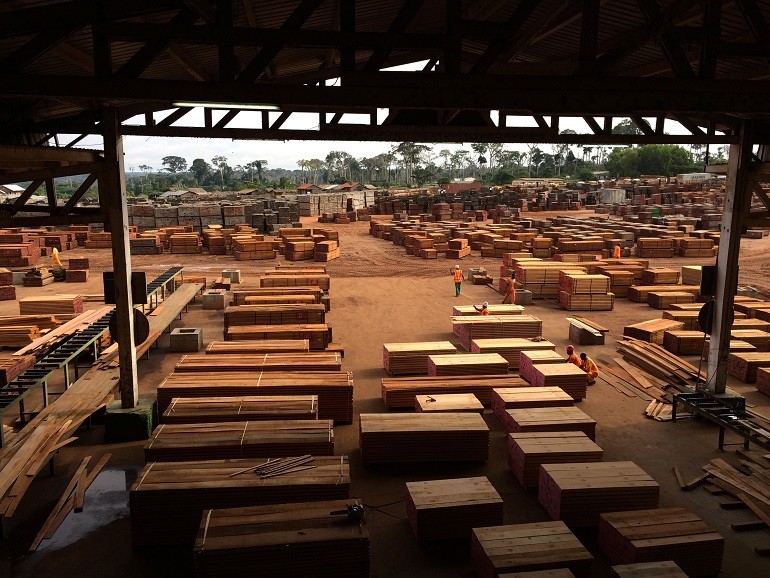

05.03.2021
Various interesting articles have been recently published on the timber market, and the tropical timber market in particular. They are mentioned at the end of this article for those who would like to read them.

Unsurprisingly, 2020 marks a decline in European tropical timber imports, both primary and secondary products. For example, for tropical plywood (which accounts for more than 80% of French plywood imports), cumulative volumes from January to September 2020 show a decrease in imports of around -14% to 327,000 m3. The third quarter of 2020 shows a less important decline of -7% compared to the third quarter of 2019, to reach a volume of 108,672 m3. It should be noted that sales rose by 20% after the first lockdown.
Nevertheless, this decrease is less than what could have feared, as shown by the case of sawnwood.
The sector has shown a good resilience dealing with the crisis, tropical timber withstanding this sanitary storm rather well, for the same reasons as wood material as a whole (growth in DIY activities, awareness of wood as a sustainable material, etc).
But while the tension between supply and demand is currently very strong on the timber markets, the African timber market is not experiencing any unusual changes for the moment. The battle is being fought as it was before the start of the health crisis between certified timber and non-certified timber, legal at best but not always, with very large price differences between certified and non-certified timber. While certified producers have to bear considerable costs to produce wood according to the criteria of the certification systems, they have to face competition from non-certified producers, as well as from illegal rivals, who can act discreetly with tools such as mobile sawing units. These actors have driven prices down due to unfair competition !
In order to take full advantage of the opportunities offered by a market that restores the value of wood, several priorities emerge, particularly for African woods : the fight against illegal logging, the recognition of the true value of certified timber producers, the improvement of logistics and the diversification of species. The promotion of certification can only be done by valuing at their fair price African certified woods as exceptional materials. The fight against illegality must remain a major objective of our association.
For more details, we recommend the following articles (in French) :
ATIBT channel on YouTube
ATIBT channel on YouTube